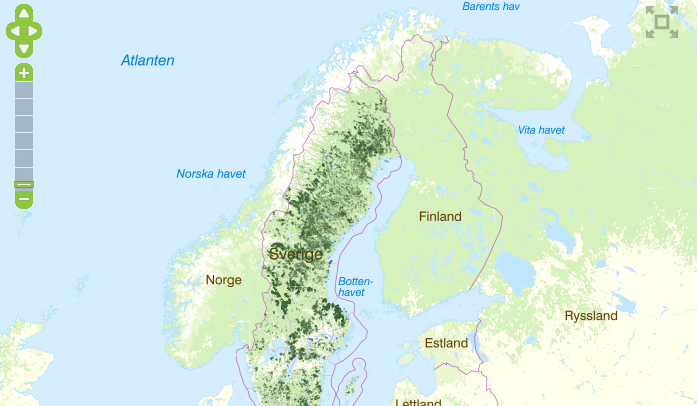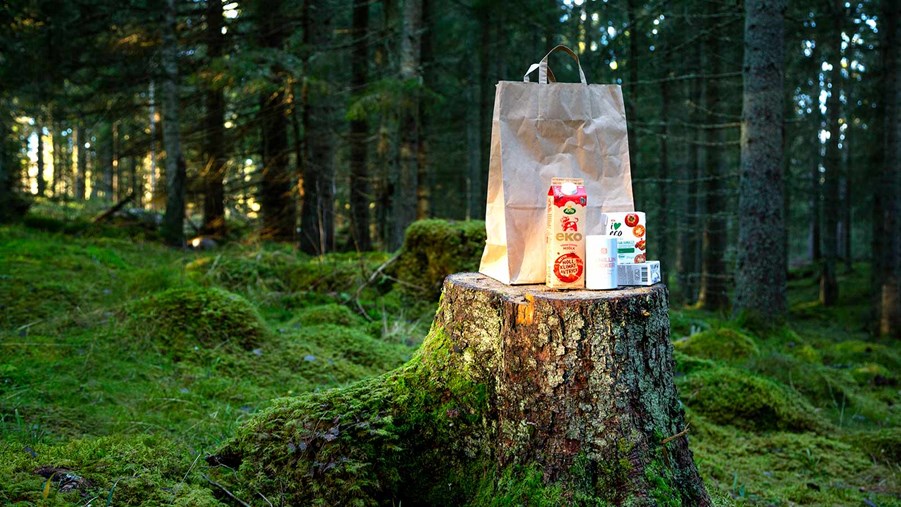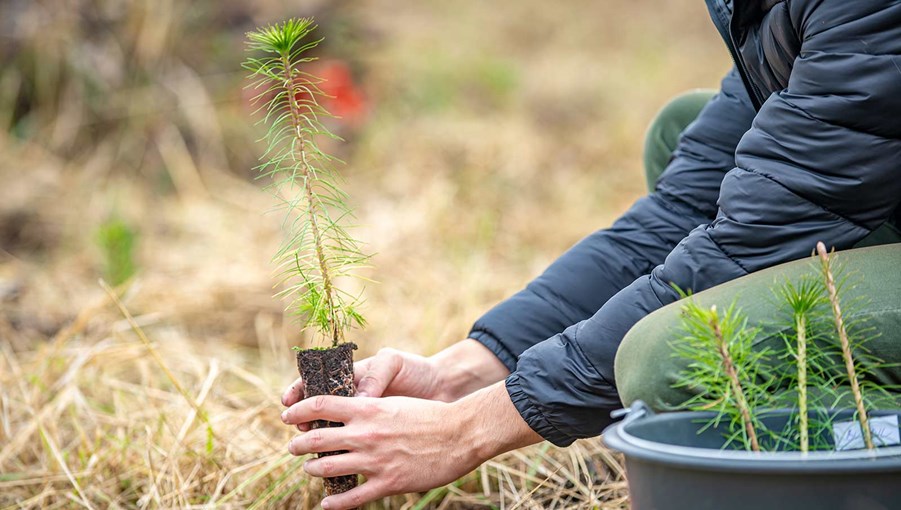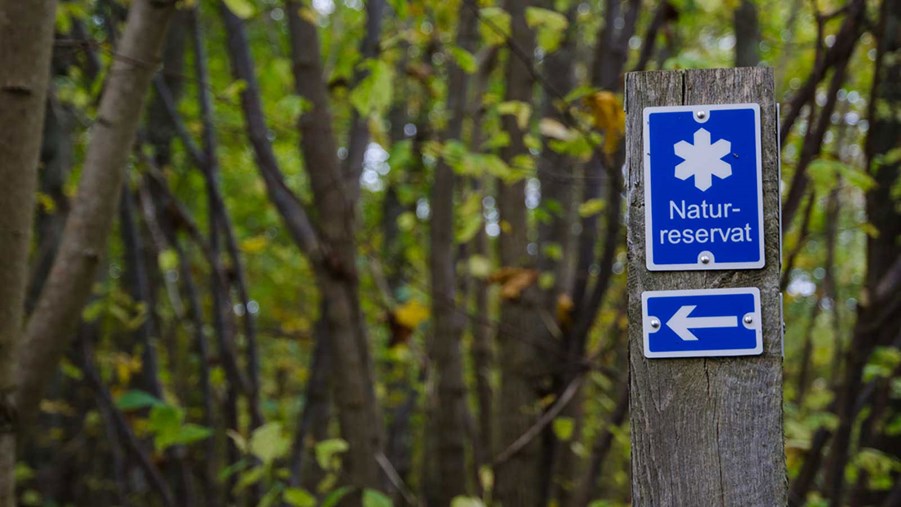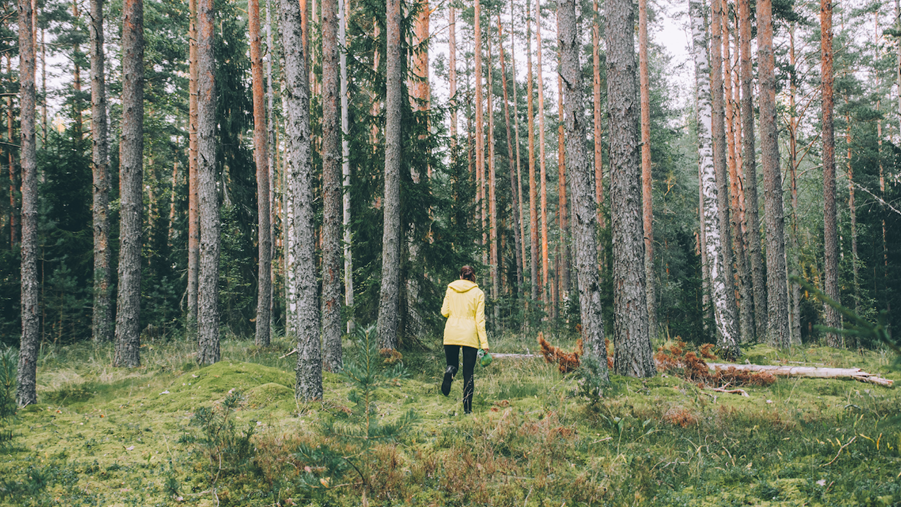
Sweden’s forests have one of the most mixed ownership profiles in the world, with owners including private individuals, companies and the public sector. Swedish law also offers a relatively large degree of freedom for how forests may be managed.
People have extensive access to forests in Sweden due to the country’s well-established rights of public access. But all forests are owned by someone: either a private individual, a forest industry company, or a local municipality. In 2022, 48 per cent of Sweden’s forest land was owned by private individuals, with a quarter owned by private limited companies. The remainder is owned by state-owned limited companies, the state, and other private owners.
Different forest owners have different visions for their land, and with ownership comes rights and responsibilities. Sweden’s Environmental Code, the Forest Protection Act and other laws regulate forestry and land use.
